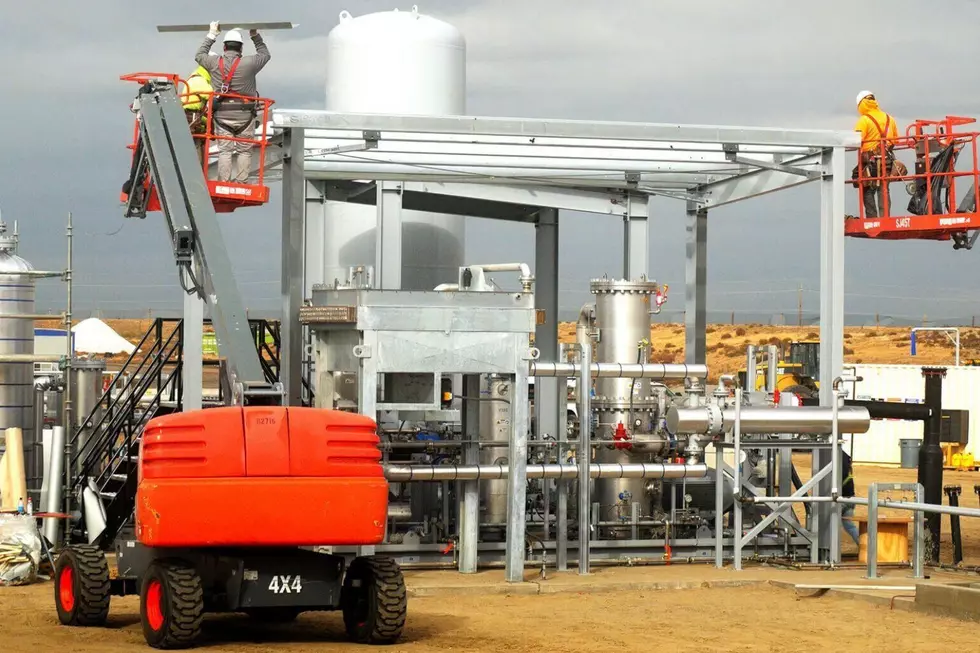
Besides Hanford Reactors Manhattan Project Had A Prison Camp
A few miles past the Horn Rapids Motorsports complex on Highway 240 and past the Industrial complex, there's a park that used to be a prison camp.
World War II camp came about due to complaints from farmers
When you head west on Highway 240, then turn left or south on SR 225, you will find the Horn Rapids County Park, located near the Yakima River. It's also known as Columbia Camp and is even recognized by the National Park Service.
It's recognized as part of the Manhattan Project National Historic Park. During WWII, many farmers saw their orchards taken out as the government acquired more land for building the atomic bomb at Hanford. As a compromise for farmers, the Army and Federal government worked with Federal Prison Industries to create a work camp that would oversee all the parts of farming the orchards. That way some of the farmland was preserved.
Columbia Camp opened in February 1944, with prisoners living in 11 buildings that were salvaged from a Civilian Conservation Camp in Montana. The inmates included minimum security prisoners from McNeil Island, and even conscientious objectors, as anti-war 'draft dodgers' were called back then. By the time the camp closed in 1947, at least 1,400 inmates had worked there, although there were never more than 290 at a time, according to old records.
According to the National Park Service:
"The prisoners harvested crops from 550 acres (222.5 hectares) of orchards, 280 acres (130 hectares) of hay and potatoes, 125 acres (50.6 hectares) of vineyards, and 73 acres (29.5 hectares) of asparagus. Altogether, they harvested nearly 5,669 tons (5,142.8 metric tons) of produce. "
The camp closed because the wartime needs for Hanford had changed, and the prisoners were sent elsewhere. The buildings were used to house various Hanford-related workers until about 1950 when it was torn down. Today, none of the original structures are left.

There were widespread rumors during and after WWII that German prisoners were housed at Columbia Camp, but official records say that never happened. A lot of people visit this area or recreate, but probably a lot of them don't know it used to be a fascinating part of Hanford's history.
103 iconic photos that capture 103 years of world history


